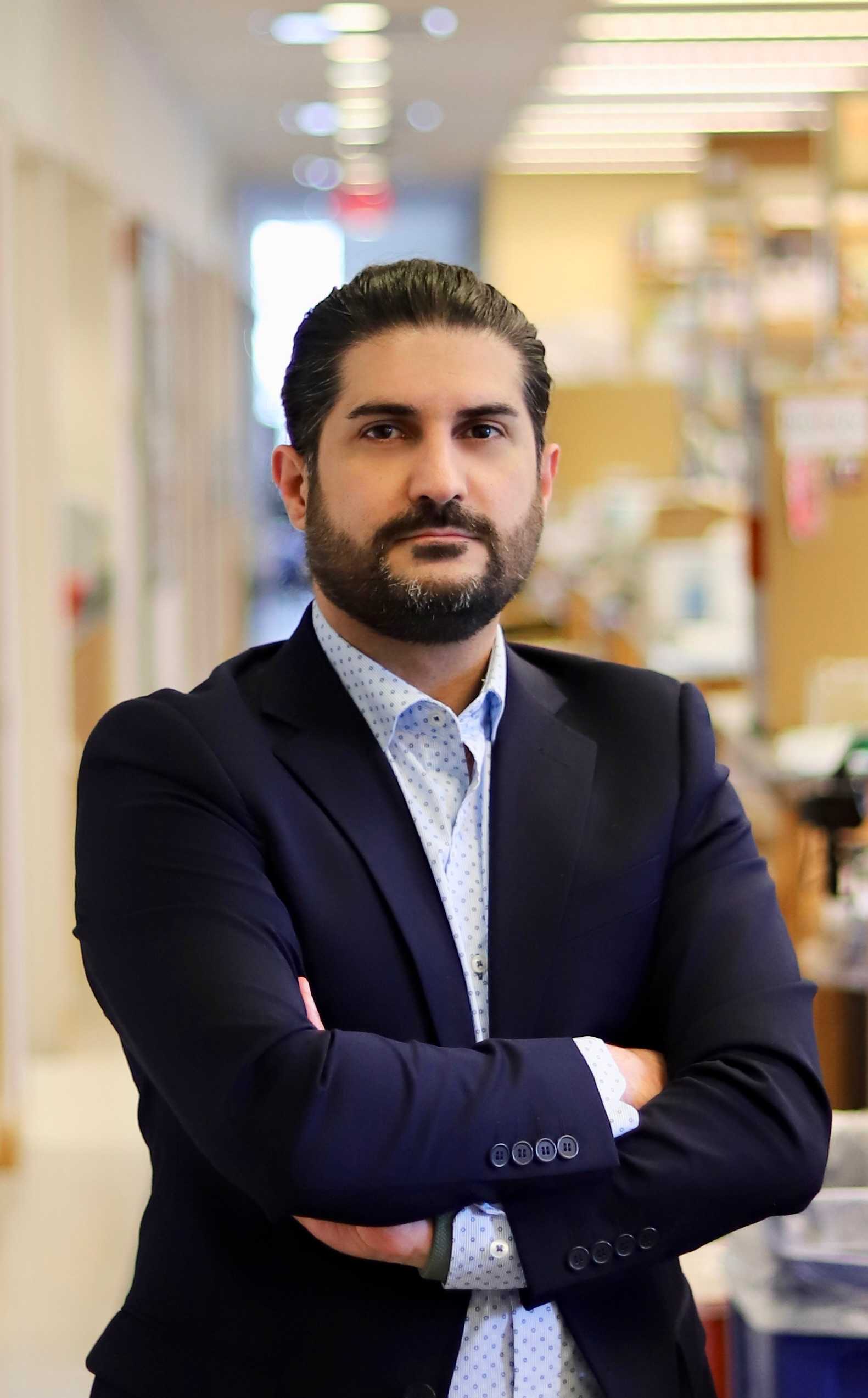ROHAM PARSA

The development and function of mucosal T cells
Svenska Sällskapet för Medicinsk Forskning
Studying the immune system in order to develop better vaccine strategies
The immune system has the crucial role of protecting the host from pathogens such as respiratory and enteric viruses, which represent the most common causes of acute respiratory inflammation and gastroenteritis in humans.
During an infection, the immune system mounts effector T cell responses with pathogen-specific cells rapidly expanding to help eliminate the invading pathogen. Immunity against pathogens in mucosal tissues is coordinated by CD4+ T cells that are diverse both in their antigen recognition capacity and in their differentiation into different CD4+ T cell subsets each with their own unique functional profile. Many key roles have been attributed to CD4+ T cell cells during viral infections, yet how tissue resident CD4+ T cell subsets modulate antiviral immune responses within the infected tissue is less well understood. Several of these pathogen-specific T cell clones will develop into long-lived tissue-resident and circulating memory T cells. These memory T cells are important for a rapid immune response upon re-exposure to pathogens in various tissues.
However, the clonal dynamics of memory T cells, i.e. the study of the biology of interclonal T cell competition, is currently poorly understood. Objective 1 will investigate how viral infections modulate clonal dynamics of memory T cells within mucosal and secondary lymphoid tissues. Objective 2 will define and functionally characterize the role of cytotoxic CD4+ T cells in the response to respiratory and enteric infections. Objective 3 will characterize the bilateral communication between epithelial cells and T cells.
By combining innovative approaches and concepts in mucosal immunology, this proposal will increase our understanding of the function and development of mucosal T cells, improve vaccination strategies, and promote a better understanding of T cell-mediated immunopathology during inflammation, allergy and autoimmunity.
Foto: Tiago Bruno Rezende de Castro
